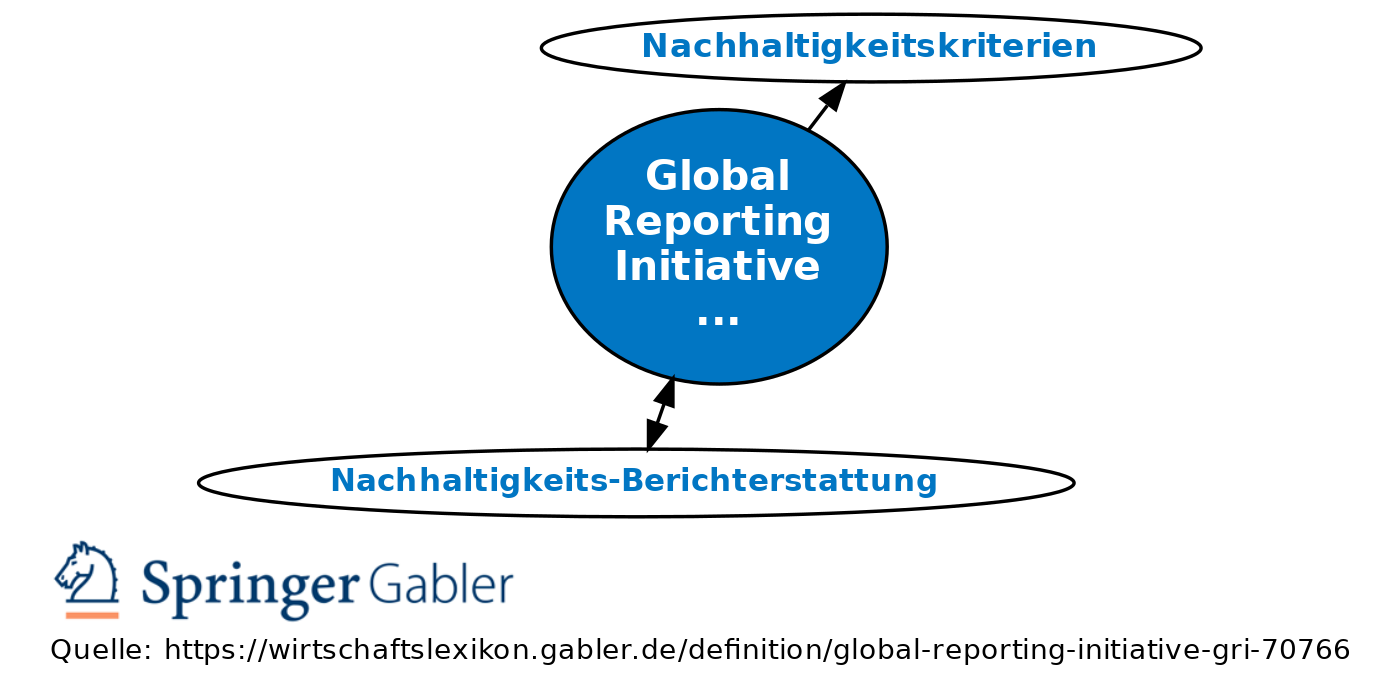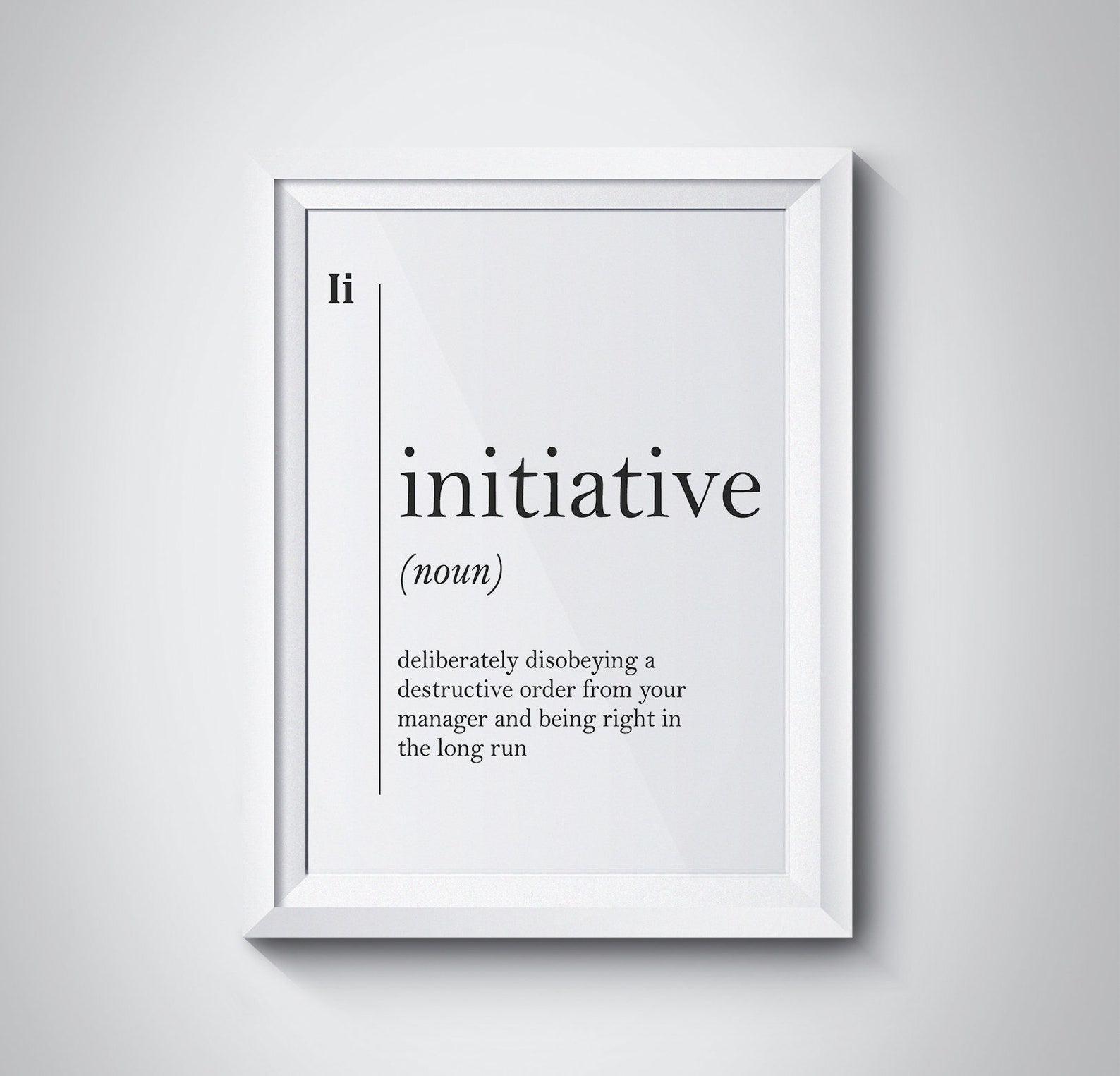

This is key! There are lots of people involved with any project, and that means lots of ideas about what success looks like to each person. Another thing you'll need to do is get clarity from stakeholders on the project requirements and expectations. These are going to be any of the metrics used in the goals and deliverables, along with your budget and schedule details. So go through your project goals and deliverables, review the scope, and identify the measurable aspects of your project. Remember the measurable part of your SMART goals? One of the questions to ask when making your goals measurable is: How will I know when it is accomplished? The same question applies to your project: How will you know when it's done? Only in this case, you want to ask: How will I know when it's successfully accomplished? You can measure to determine your project success in a similar way to measuring a goal. There isn't a set process for determining success criteria, but I'll break down a couple of key points to consider. Sometimes forcing the conversation and clarifying what the end result looks like can bring to light questions and areas of disagreement. But, it's important that a team is aligned and working towards a shared goal. Is it to increase customer satisfaction with the service so they can continue to purchase more products? Enhance an existing feature to retain customers? Depending on the project, the answers will be different. Defining success criteria also clarifies for your team what they're trying to accomplish beyond just launching something to users. They are the standards by which the project will be judged once it's been delivered to stakeholders and customers. They are the specific details of your goals and deliverables that tell you whether you've accomplished what you set out to do. The success criteria will tell you whether or not the project as a whole was successful. Similarly, you need to define success criteria that can also be measured so you'll know whether they were met. But how exactly do you know that your project is a success? How do you know if you've actually landed? At the beginning of the project, you defined goals and deliverables that are measurable-meaning that you can determine if they were met. We've learned about the differences between launching and landing, and we've also learned about the differences between delivering your project and finding out if the outcome performs as expected. Evaluate various project management tools to meet project needs. Understand the key components of project charters and develop a project charter for project initiation. Utilize RACI charts to define and communicate project team member responsibilities. Complete a stakeholder analysis and explain its significance.

Define and measure a project’s success criteria.
INITIATER DEFINITION HOW TO
Understand how to manage scope creep to avoid impacting project goals. Define project scope and differentiate among tasks that are in-scope and out-of-scope. Define and create measurable project goals and deliverables. Determine a project’s benefits and costs. Describe the key components of the project initiation phase. Understand the significance of the project initiation phase of the project life cycle. No previous experience is necessary.īy the end of this course, you will be able to: Learners who complete this program should be equipped to apply for introductory-level jobs as project managers.

Current Google project managers will continue to instruct and provide you with hands-on approaches for accomplishing these tasks while showing you the best project management tools and resources for the job at hand. You’ll discover how to use tools and templates like stakeholder analysis grids and project charters to help you set project expectations and communicate roles and responsibilities. In exploring the key components of this phase, you’ll learn how to define and manage project goals, deliverables, scope, and success criteria. This course will show you how to set a project up for success in the first phase of the project life cycle: the project initiation phase. This is the second course in the Google Project Management Certificate program.


 0 kommentar(er)
0 kommentar(er)
